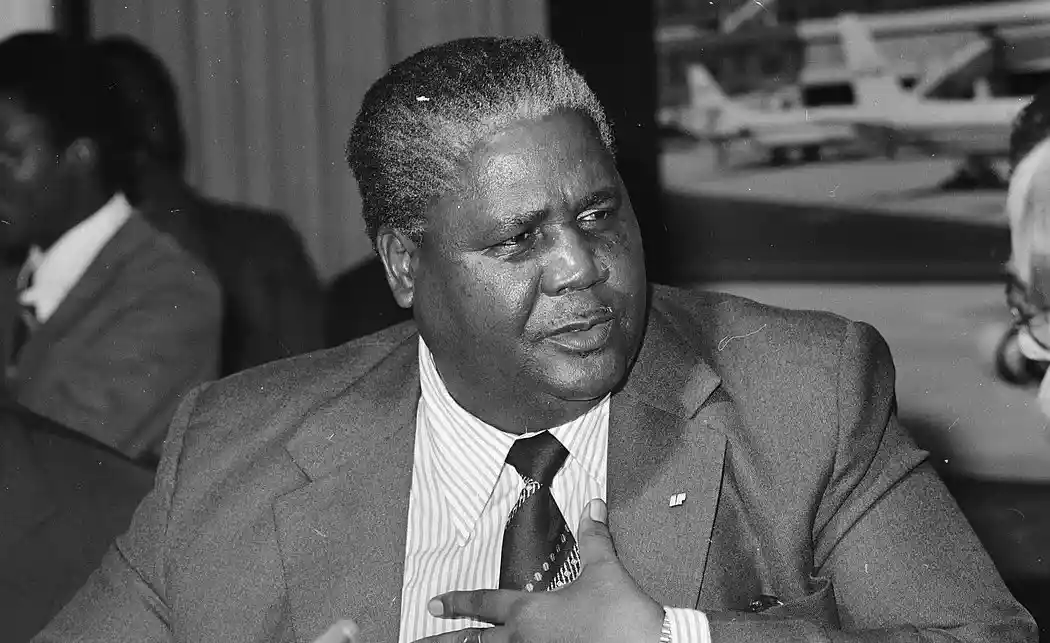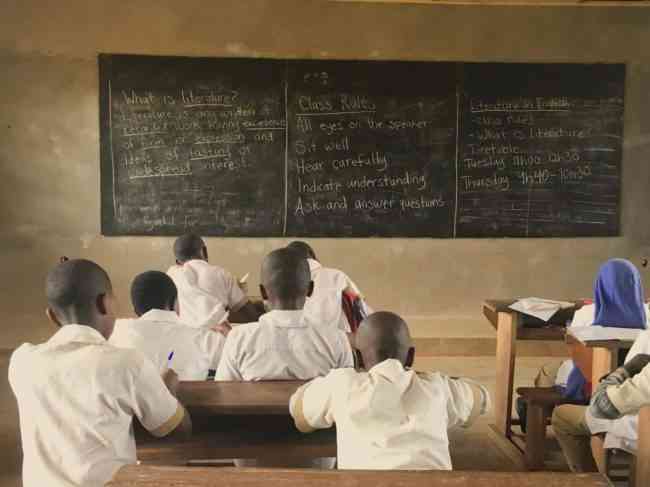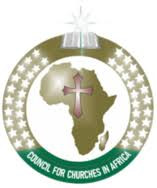
ZAPU yesterday marked 62 years of existence, but a former senior member said the party had suffered stunted growth since its revival in 2008 because of leadership failure.
The party was formed on December 17, 1961 with the late Father Zimbabwe Joshua Mqabulo Nyongolo Nkomo as the founding president.
Nkomo was deputised by Samuel Parirenyatwa, with Ndabaningi Sithole as chairperson and Jason Moyo as treasurer, while the late former President Robert Mugabe was the information secretary.
PF Zapu merged with Zanu in 1987 after the signing of the Unity Accord to end the Gukurahundi massacres of 1983 to 1987 in Matabeleland and Midlands regions.
Over 20 000 civilians, mainly Zapu supporters, were killed during the mass genocide, according to the Catholic Commission for Justice and Peace in Zimbabwe.
In 2008, the late Zapu leader Dumiso Dabengwa led a number of former Zapu members like the late Thenjiwe Lesabe in a break-away from Zanu PF to revive Zapu.
Dabengwa led the party until he passed away in May 2019.
According to former Zapu spokesperson Mso Ndlovu, the party’s growth since its revival in 2008 has been bogged down by leadership failure.
- In Full: eighteenth post-cabinet press briefing June 28, 2022
- Unicef supports basic water supply services to 1, 2 million people – report
- ‘We’ll not rush to lift COVID-19 safety measures’
- Gukurahundi public hearings: A breakthrough or a political gimmick?
Keep Reading
“The next phase of our revival required political consolidation through the establishment of political structures and building a coherent identity based on strategic alignment and messaging,” Ndlovu said.
“We failed dismally on both, as our revered former President, Dumiso Dabengwa, failed the populist test and ran the party as a closed group or secret society.”
Zapu is currently being led by Nkomo’s son, Sibangilizwe.
The party won a council seat during the August elections.
It was the first time the opposition party won a seat since its revival in 2008.
“At the last congress, it was important to usher in a leadership whose principal mandate was to win back the party from a few individuals and take it back to the people in the villages and townships,” Ndlovu said
“As a collective, we have failed to build an organisation worth investing in as evidenced by a poor balance sheet. We have failed to take advantage of the turmoil in our rivals’ camps.”
He said Zapu had failed to build structures across the country.
“We have failed in providing thought leadership as a tool to compete in the political marketplace,” Ndlovu said.
“Desperately needed are fresh ideas on how to capacitate the party through resources.
“Failure to recalibrate and refocus is a sure recipe to disintegration and oblivion. Most liberation movements are facing this real threat. We should reform or perish.”









